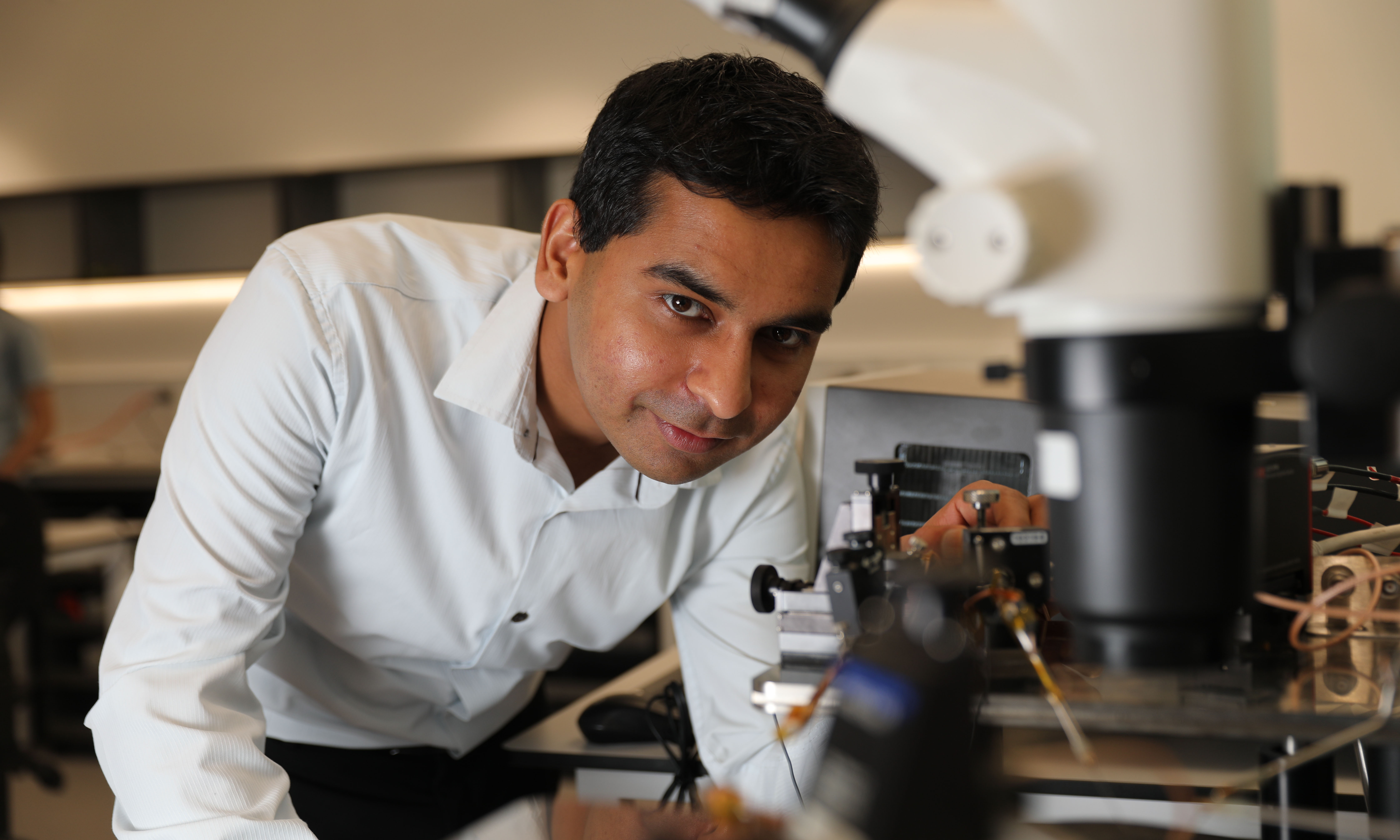The authors acknowledge recent investment in the Federal budget of over $1b in digital health, including modernising My Health Record and increasing interoperability of Australia’s healthcare system, is a necessary starting point for Australia to benefit from AI technologies in healthcare.
But the paper also highlights the importance of preparedness for the unintended consequences of AI in the health sector.
“We need to put a pause on the use of non-medical grade AI in clinical practice,” Coiera says.
“Systems such as ChatGPT are not designed for use in clinical settings and have not been tested to be used safely in any aspect of patient care.”
“Australia regulates medical-grade AI that is used in medical devices through the Therapeutic Goods Administration. Consumers and clinicians need to be aware that any AI that has not gone through rigorous testing is not considered fit for use in patient facing settings,” he said.
Meanwhile, Verspoor says Australia must maintain sovereignty of its data and design systems, rather than relying on replicating what has occurred in other countries like the UK, where the National Health Service has made a ten-year, £10 billion investment in AI.
“There’s a view in some quarters that all we need to do as a nation is adopt the best of what is produced internationally, and that we do not need deep sovereign capabilities. Nothing is further from the truth,” says Verspoor, who is Dean for RMIT’s School of Computing Technologies.
“Without some degree of algorithmic sovereignty – the capability to produce or modify AI in Australia – the nation is exposed to new risks and AI will not be fit for the local context."
"We may miss out on the benefits of one of the most significant industrial revolutions of our times.”
Verspoor, Coiera and Hansen are founding members of the Australian Alliance for Artificial Intelligence in Healthcare – a national collective of over 100 organisations including academia, industry, peak bodies, and health services providers.
In response to the growing emergence of AI in healthcare, the Alliance produced a roadmap for future development.
The roadmap identifies current gaps in Australia’s capability to translate AI into effective and safe clinical services and provides guidance on key issues such as workforce, industry capability, implementation, regulation, and cybersecurity.
It also acknowledges the extensive work already undertaken nationally and internationally and builds on this work.
They say the recommendations in the roadmap offer a path toward achieving an AI-enabled Australian healthcare system capable of delivering personalised healthcare, safely and ethically, by 2025.
The plan also envisages a vibrant AI industry sector that creates jobs and exports to the world, working side by side with an AI-aware workforce and AI-savvy consumers.
Story: Chrissy Clay, Naomi Stekelenburg and Michael Quin






